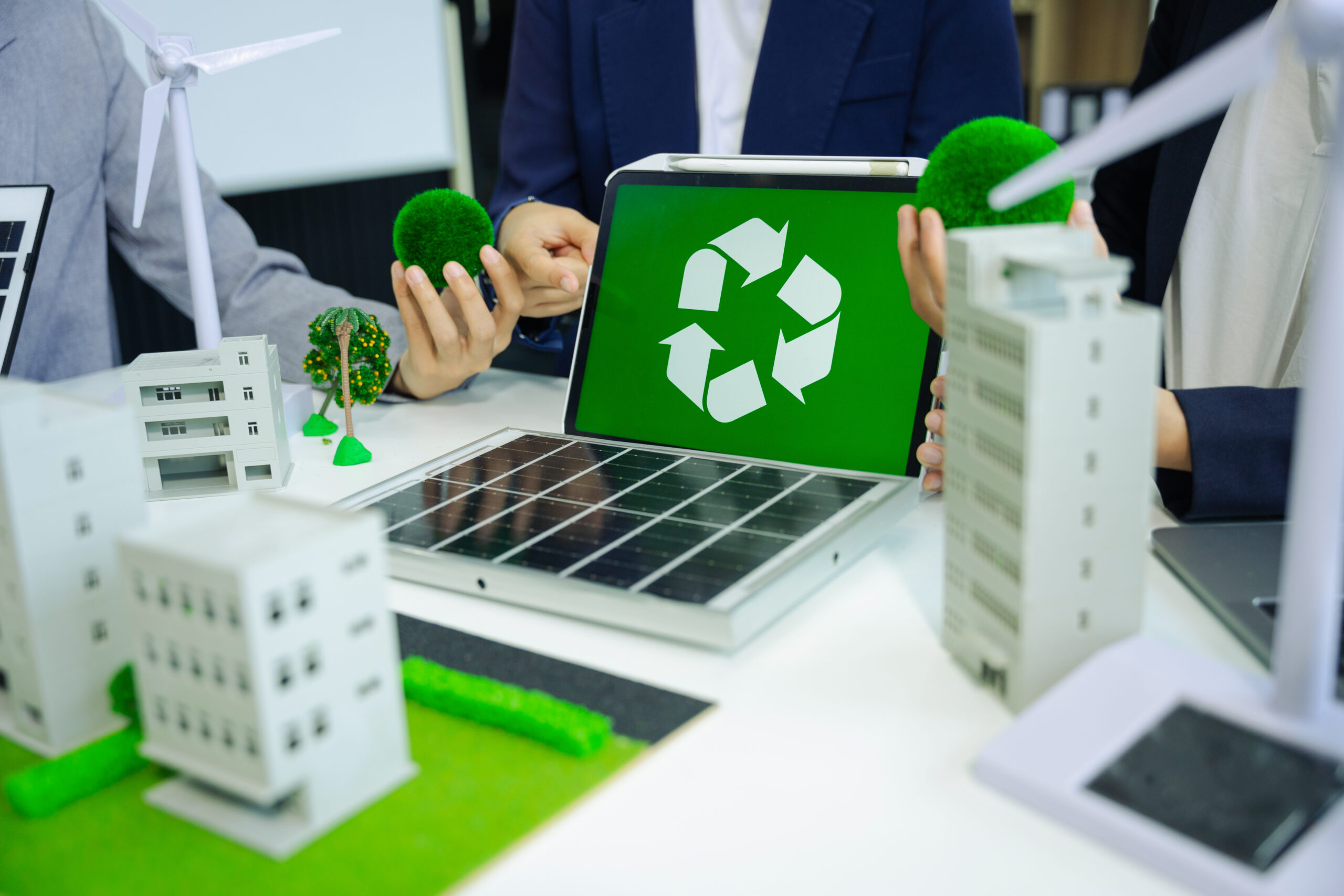Introduction: The Trashy Truth of E-Waste
Imagine your old smartphone feeling betrayed when you upgrade to the latest model. It ends up sulking in a landfill, alongside countless discarded gadgets. Now multiply that by millions, and you’ll glimpse the e-waste epidemic gripping countries like India and Bangladesh.
While both nations are battling this avalanche of electronic trash, their approaches to recycling are as different as chalk and cheese. Let’s dive into this fascinating story of innovation, struggle, and the pursuit of a cleaner future.
E-Waste Landscape: The Unwanted Gadget Club
India: The E-Waste Giant
In India, the problem isn’t just big—it’s humongous. With its booming tech industry and a population hooked on gadgets, India generates over 3.2 million metric tons of e-waste annually. That’s like stacking up smartphones to build a mini-Everest! The culprits? Outdated computers, mobile phones, and a host of other electronics.
Bangladesh: Small Yet Growing
Bangladesh is a smaller player but catching up fast. With increasing digital adoption, the country is generating around 0.5 million metric tons of e-waste yearly. For a nation still grappling with basic waste management, e-waste feels like the cherry on an already overstuffed garbage pie.
The Recycling Infrastructure: A Tale of Two Systems
India: A Mixed Bag of Progress
India’s recycling landscape is a curious cocktail of formal systems and a massive informal sector. On paper, the government’s E-Waste (Management) Rules, 2016 look like a knight in shining armor, mandating producers to take responsibility for their products’ end-of-life. In reality, the informal sector—think tiny shops with workers dismantling gadgets using rudimentary tools—handles about 90% of the load.
But there’s hope. Companies are stepping in to build formal recycling units, and startups are turning e-waste into treasure. Ever heard of recycling gold from old circuit boards? It’s like alchemy for the digital age.
Bangladesh: Fighting the Good Fight
Bangladesh’s recycling infrastructure is still in its infancy. Most recycling is handled by the informal sector, where workers—often children—sort through hazardous waste with bare hands. While the government has begun drafting policies, implementation remains a distant dream.
Economic Models: Turning Trash Into Cash
India: A Circular Economy in the Making
India is embracing the circular economy concept—reducing waste by reusing resources. Extended Producer Responsibility (EPR) is gaining traction, compelling companies to collect and recycle their products. Startups like Attero Recycling and Ecoreco are leading the charge, proving that sustainability isn’t just good for the planet—it’s good for business.
Bangladesh: Informal Yet Impactful
In Bangladesh, the informal sector reigns supreme. Workers extract valuable materials like copper and aluminum using manual methods. While it’s a livelihood for many, the absence of safety standards is a glaring issue. With proper investment, this sector could become a goldmine—literally.
Environmental Impact: When Gadgets Bite Back
India: A Double-Edged Sword
India’s formal recycling initiatives are reducing toxic emissions, but the informal sector remains a ticking time bomb. Improper disposal methods, like burning wires to extract metals, release harmful toxins into the air, soil, and water. It’s like trying to clean your house by sweeping dirt under the rug.
Bangladesh: A Looming Crisis
Bangladesh faces an uphill battle. The lack of infrastructure means most e-waste ends up in landfills or rivers, leaching toxic chemicals into the environment. Imagine a cocktail of mercury and lead—except it’s poisoning water supplies instead of parties.
Challenges: The Roadblocks to Redemption
India: Bridging the Gap
- Regulatory Gaps: Laws exist but enforcement is shaky.
- Informal Sector Inclusion: Transitioning workers to the formal sector without robbing them of livelihoods is a delicate dance.
Bangladesh: Building From Scratch
- Awareness Deficit: Most people don’t know what e-waste is, let alone how to recycle it.
- Infrastructure Woes: Without facilities, even the best policies are like a ship without a sail.
Technological Innovations: The Bright Side of Recycling
India: Leading the Charge
India’s tech-savvy approach includes AI-powered sorting and advanced recycling plants. Companies are even exploring blockchain to track e-waste—a geeky but effective solution.
Bangladesh: Small Steps, Big Impact
Bangladesh may not have cutting-edge tech yet, but grassroots innovations are emerging. For example, local entrepreneurs are repurposing old electronics into usable products, proving that necessity truly is the mother of invention.
Comparative Analysis: Head-to-Head in Recycling
| Aspect | India | Bangladesh |
| Legislation | Robust but unevenly enforced | Drafting stage |
| Recycling Sector | Formal + Informal | Predominantly informal |
| Economic Models | Emerging circular economy | Reliant on informal trade |
| Environmental Impact | Mitigated by formal efforts; informal sector problematic | Severe due to lack of infrastructure |
| Technology | Advanced recycling facilities, AI | Grassroots innovations |
Recommendations: Pathways to Progress
Policy Interventions
- India: Strengthen law enforcement and incentivize formal recycling.
- Bangladesh: Accelerate policy implementation and provide subsidies for formal recycling units.
Public Awareness Campaigns
- Use relatable campaigns to educate citizens. Think Bollywood stars or social media influencers talking about e-waste—because who doesn’t love a good celebrity endorsement?
International Collaboration
- Both countries could learn from global leaders like Sweden and Japan. Imagine a recycling exchange program—because why should study-abroad programs have all the fun?
Anecdotes & Stories: Humanizing the Issue
Let’s meet Ramesh, a recycler in Mumbai, who started with a small workshop dismantling old gadgets. Today, he runs a formal recycling unit employing 50 people. Or Fatima in Dhaka, who uses discarded computer parts to create educational kits for underprivileged children. These stories remind us that change begins at the grassroots.
Conclusion: The Way Forward
India and Bangladesh are on two sides of the e-waste spectrum—one grappling with scale, the other with nascence. Yet, both share a common goal: turning e-waste from a menace into a resource. With the right mix of policy, innovation, and human spirit, the future looks promising. After all, even trash deserves a second chance.

Leave a Reply